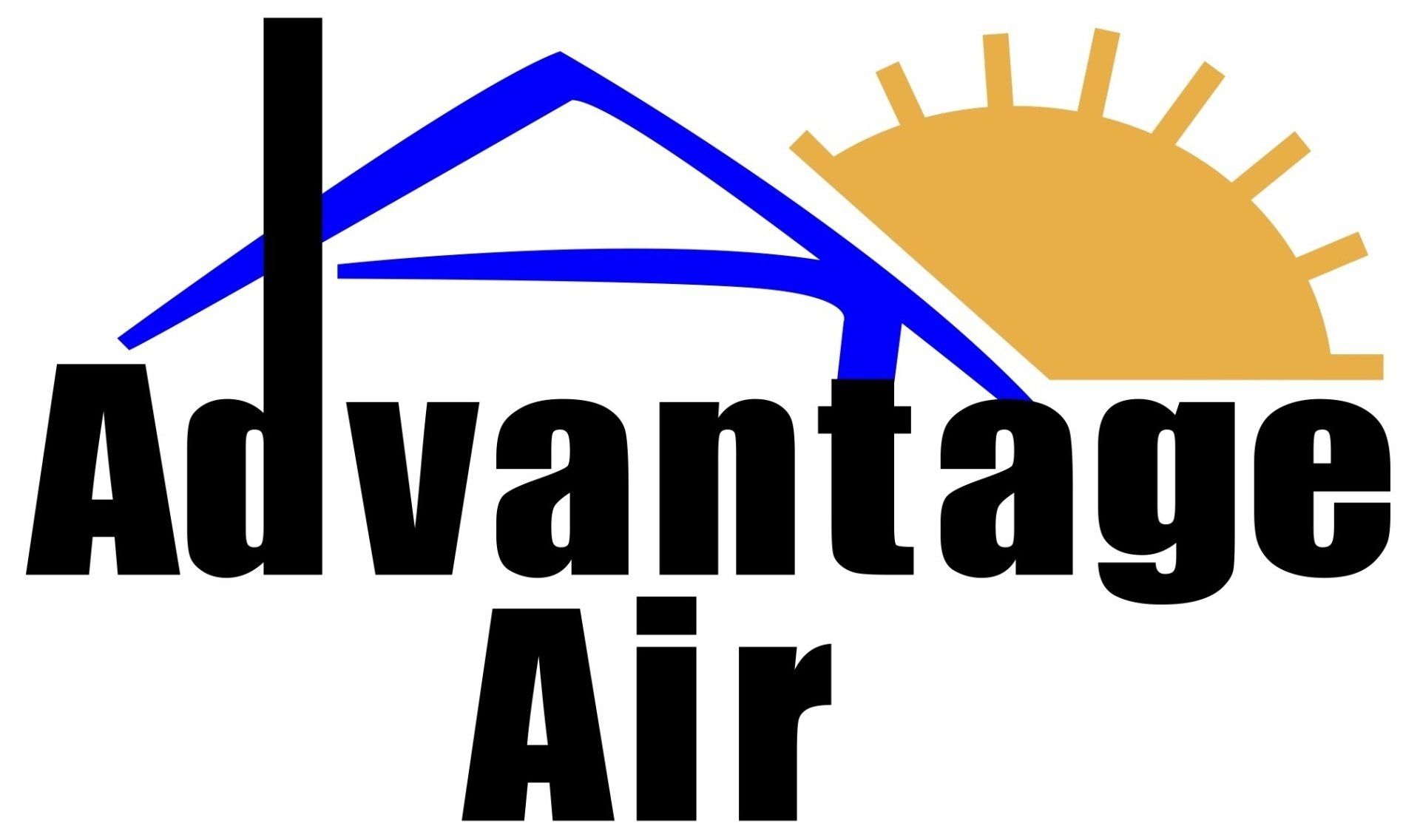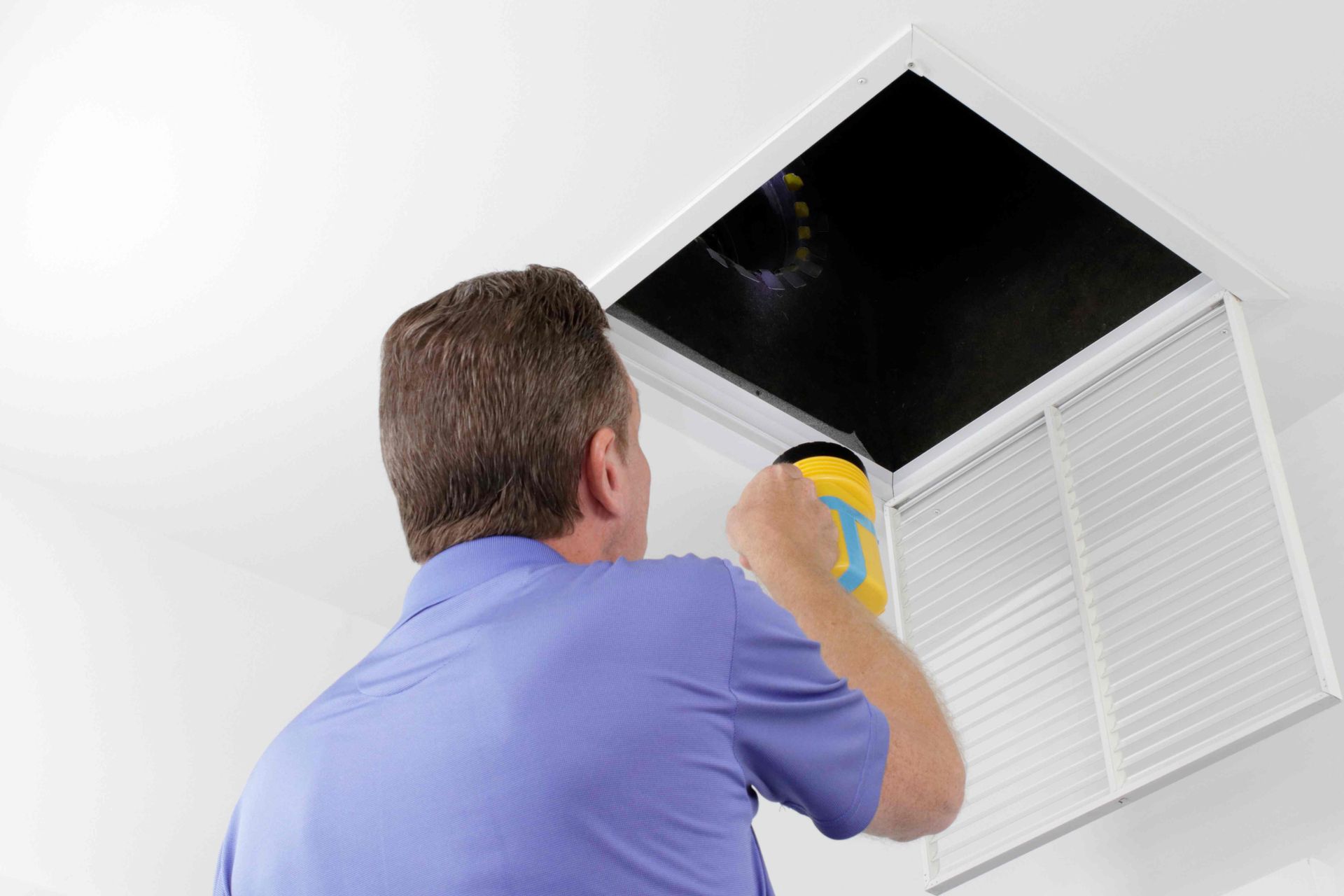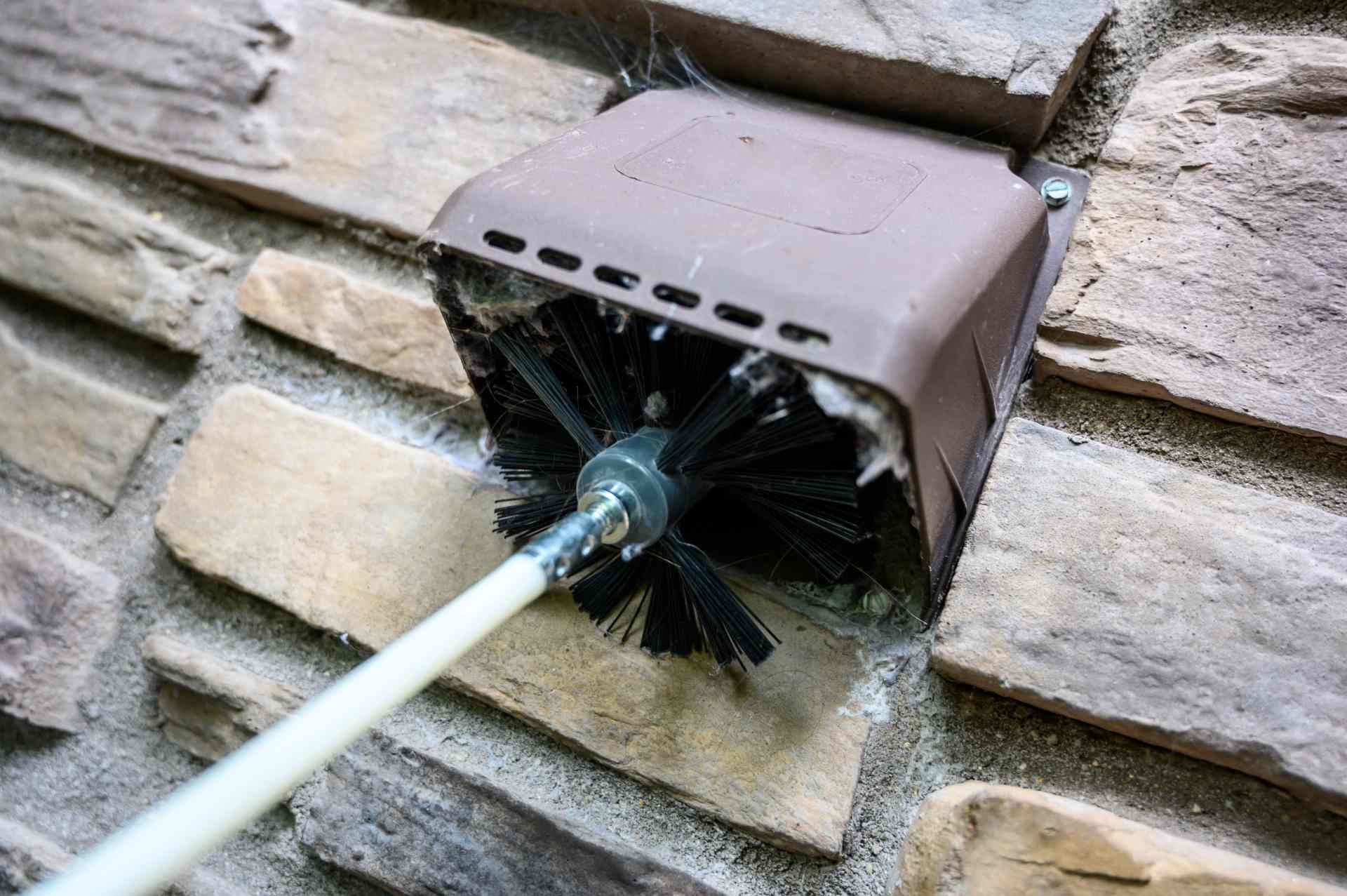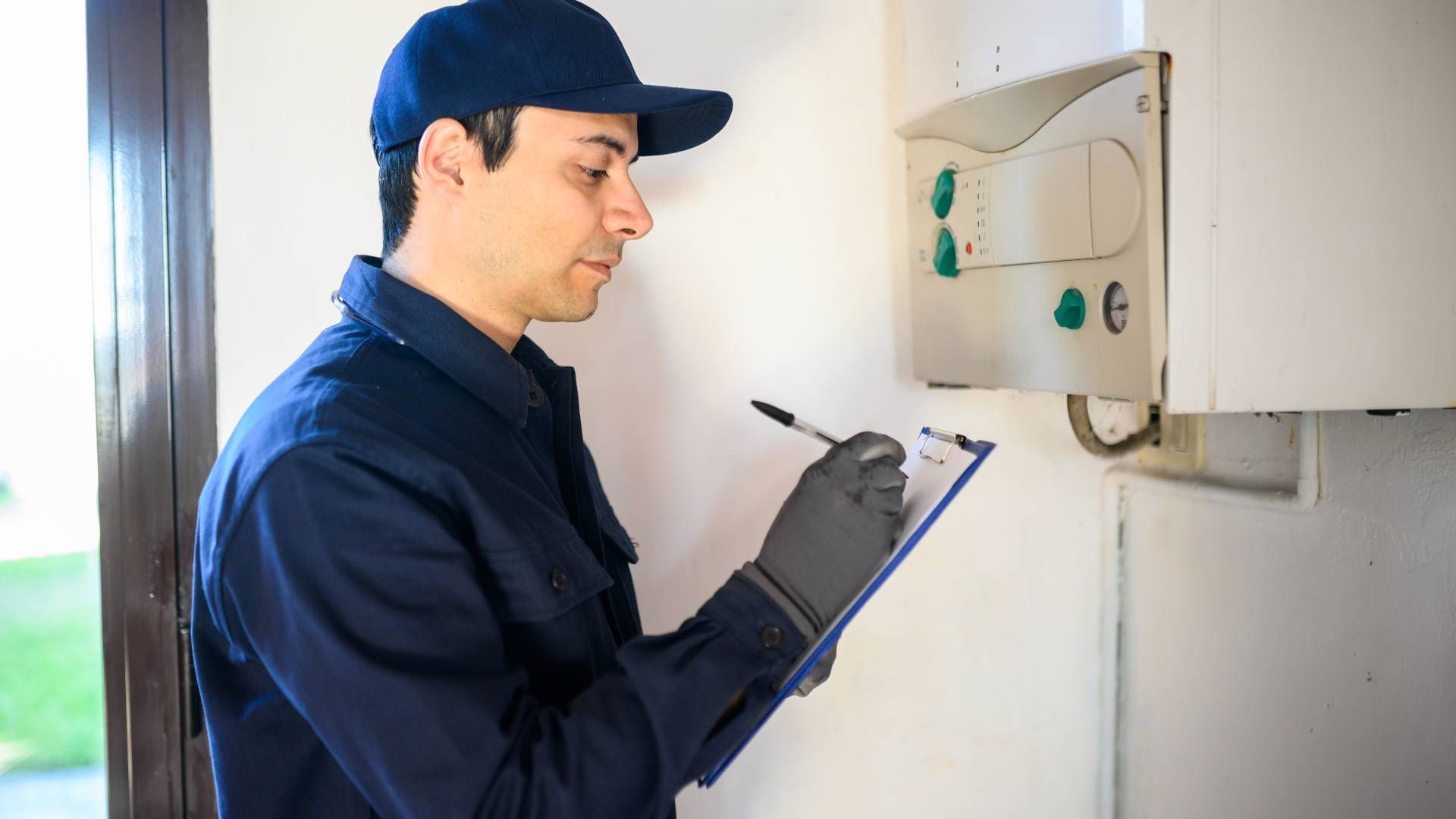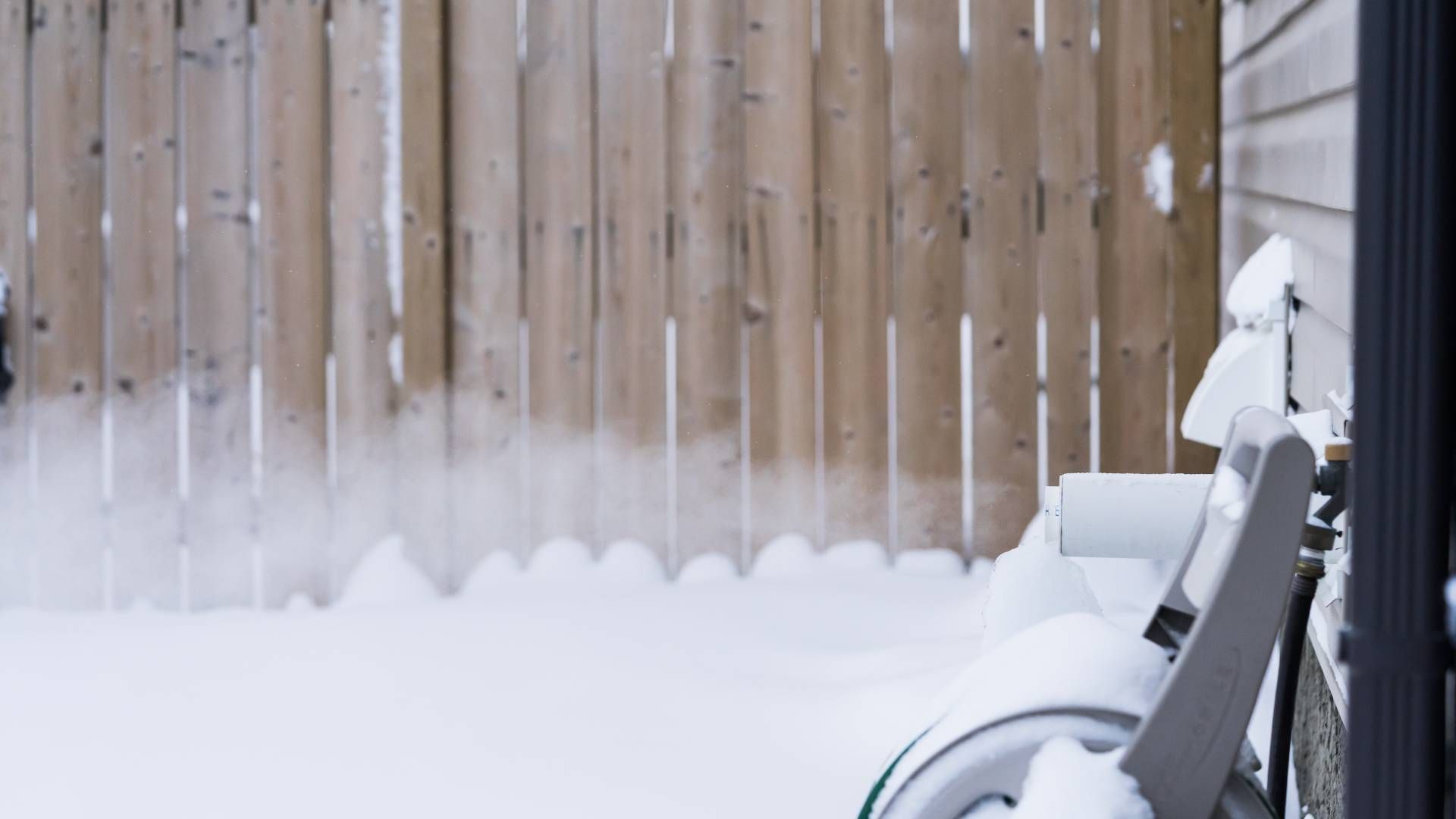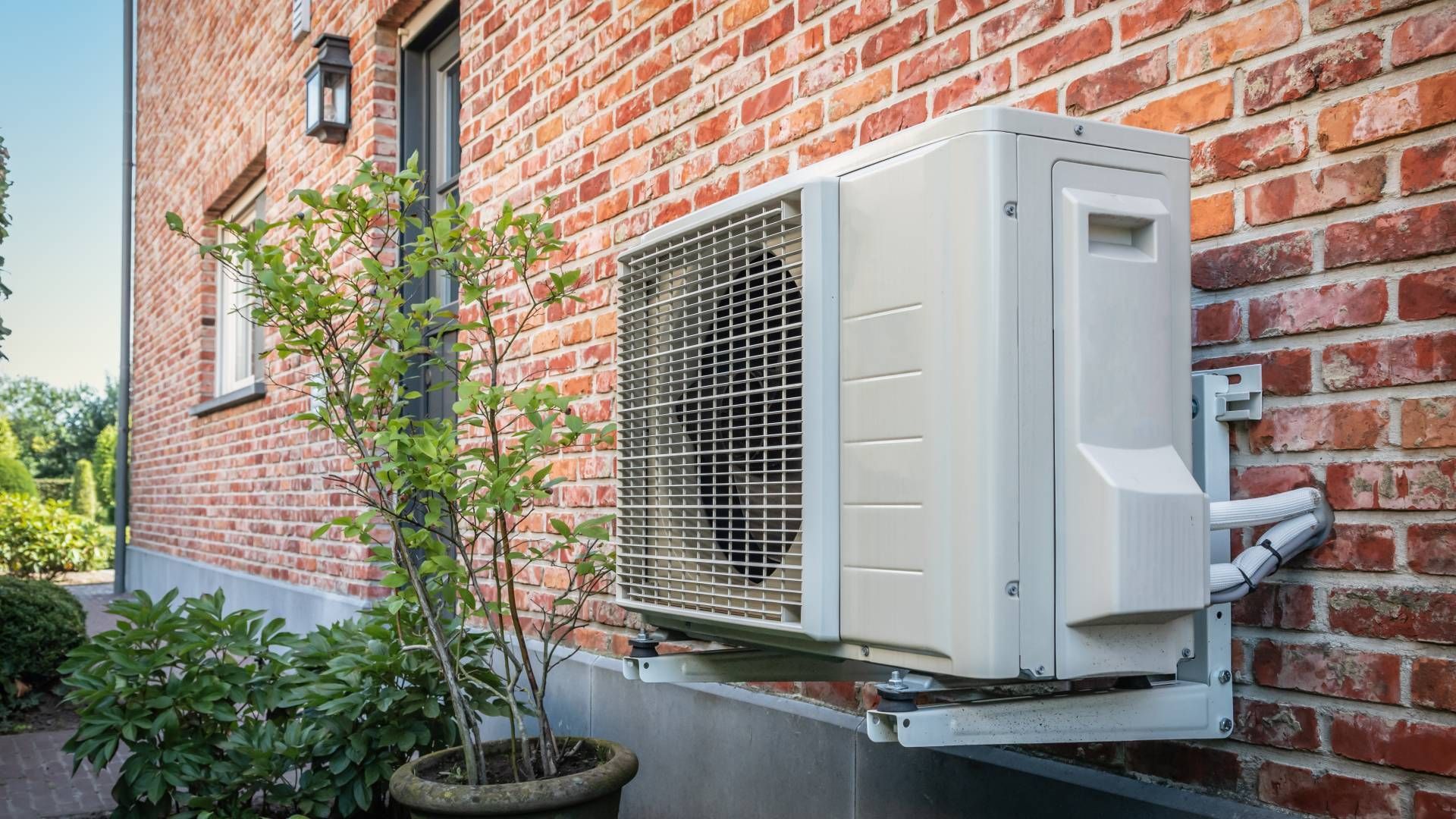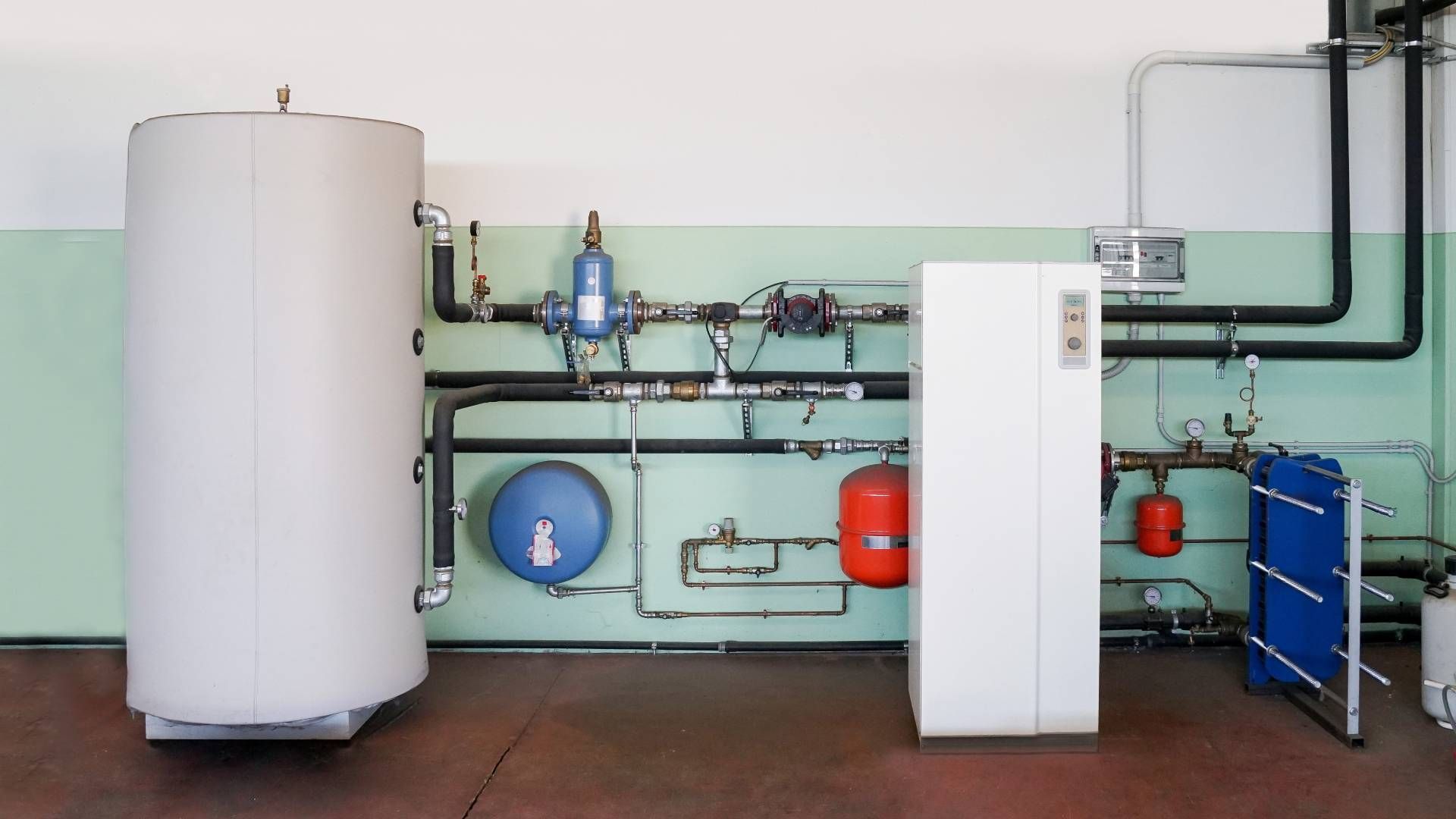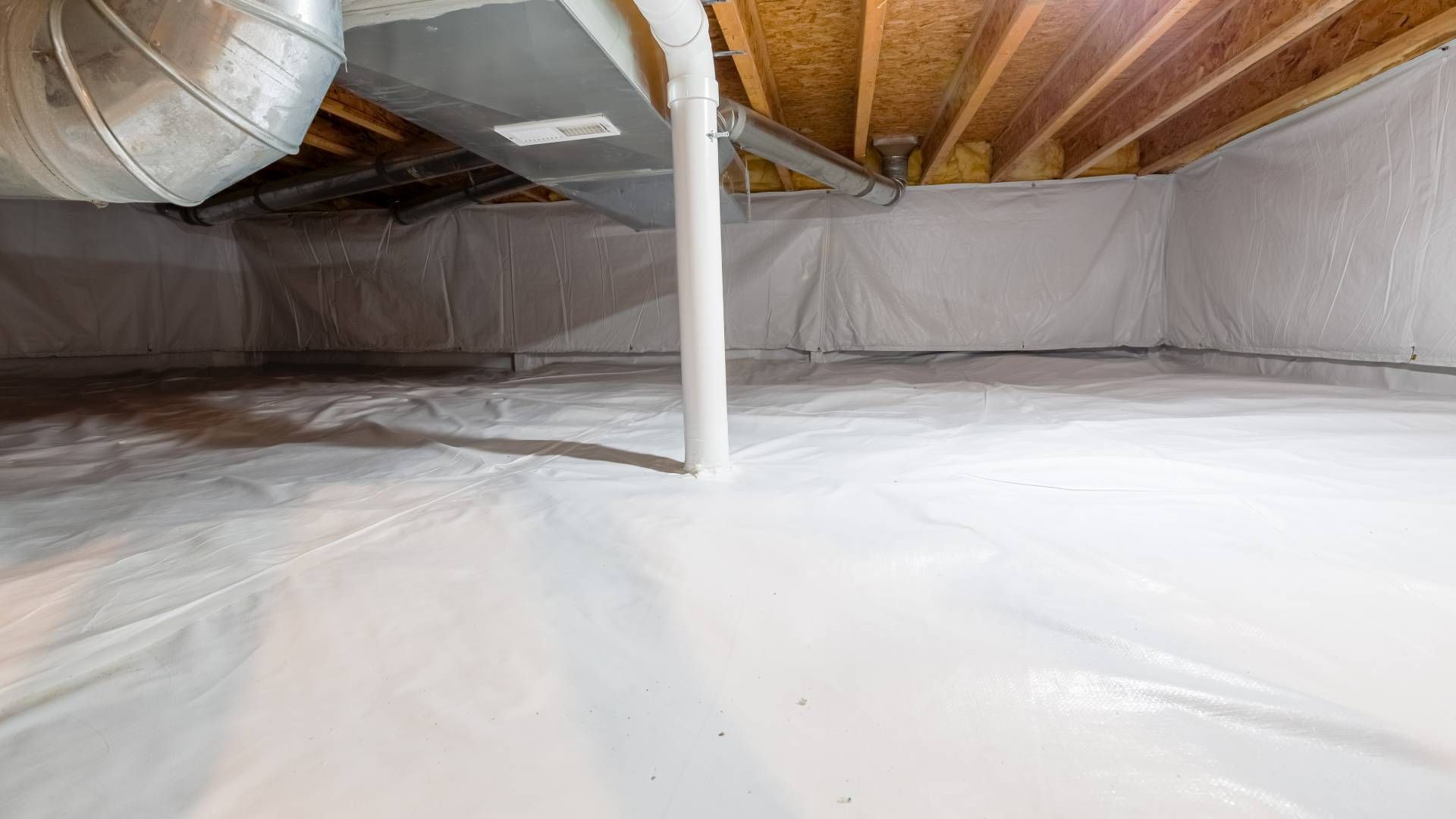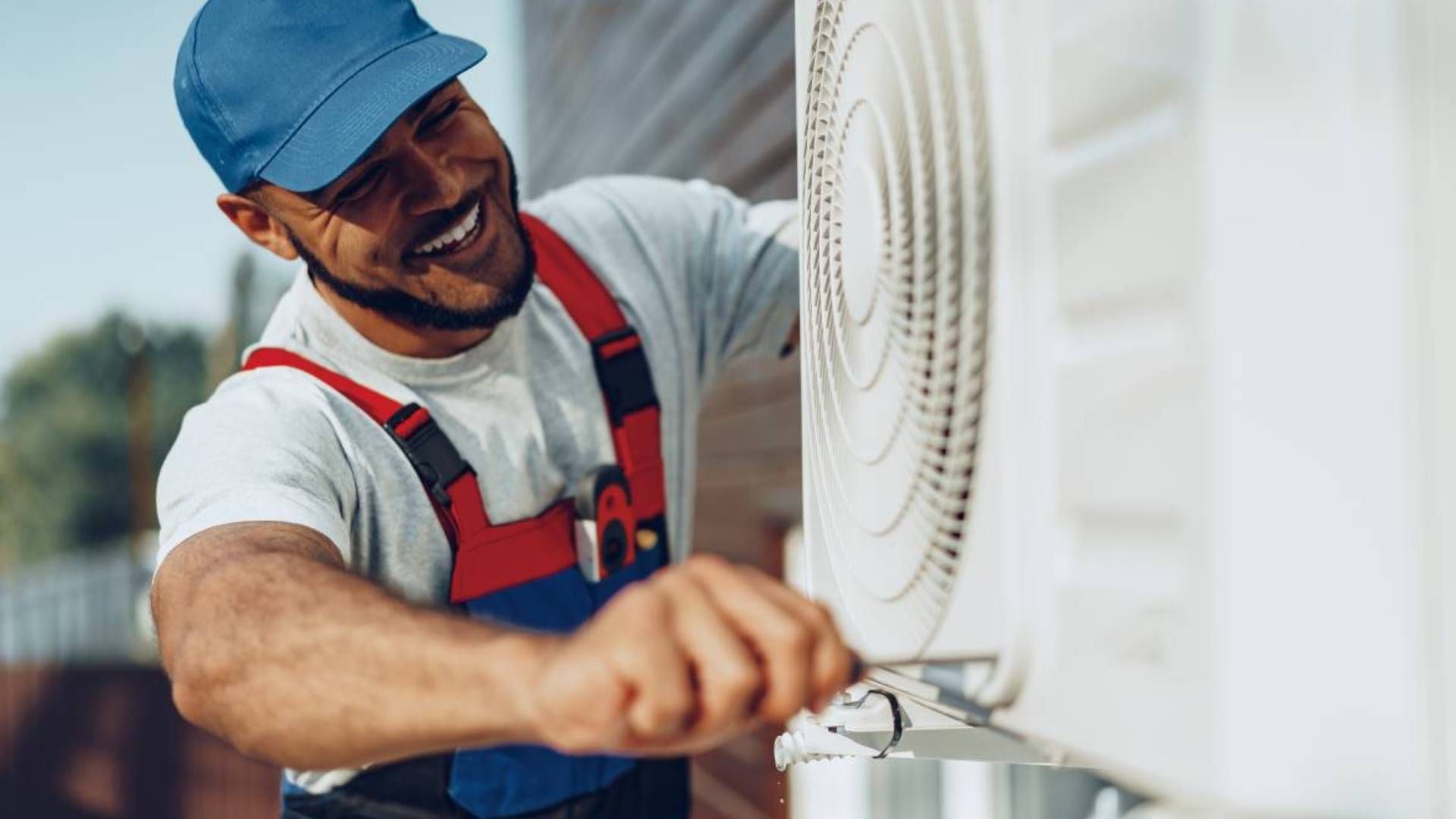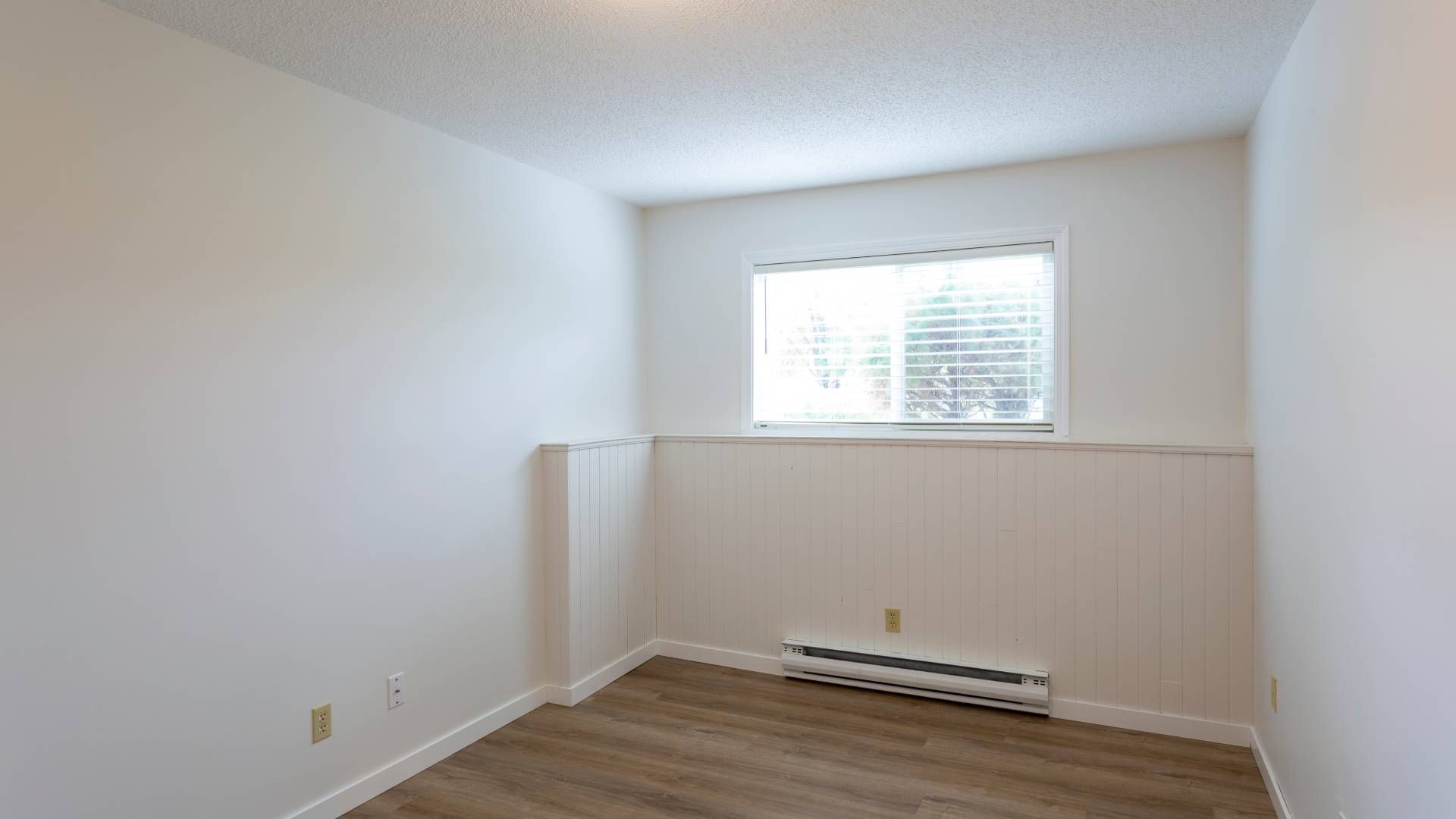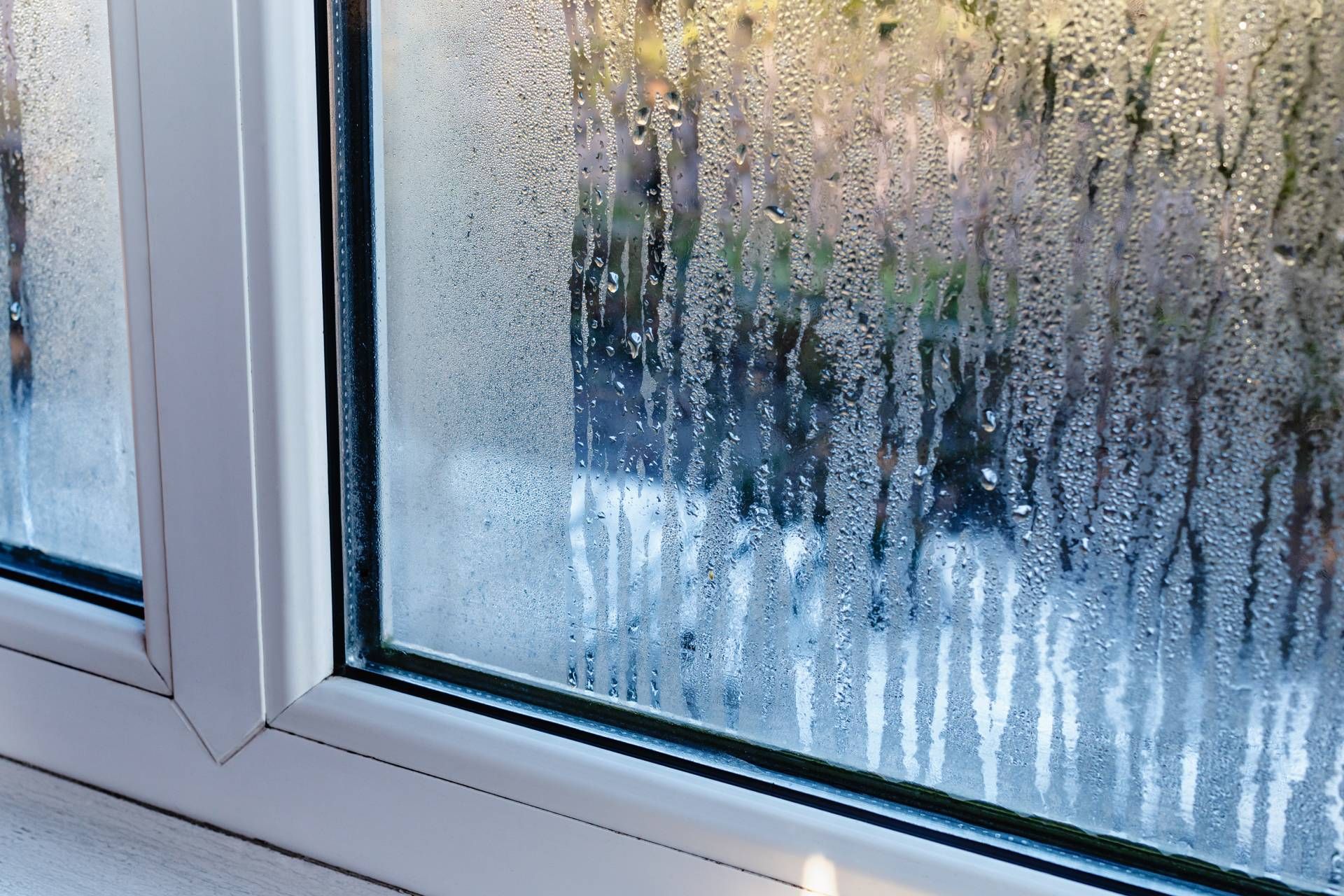Water Heater Maintenance
A properly working water heater is essential in any home. You need hot water for cleaning, bathing, washing clothes, and various other household tasks. Whether your water heater is old or new, you may be wondering how long a water heater lasts. The lifespan of your water heater depends on a variety of factors - especially how well you maintain it over its years of service. Our team of experts at Advantage Air HVAC can help you to get the most life out of your water heater.
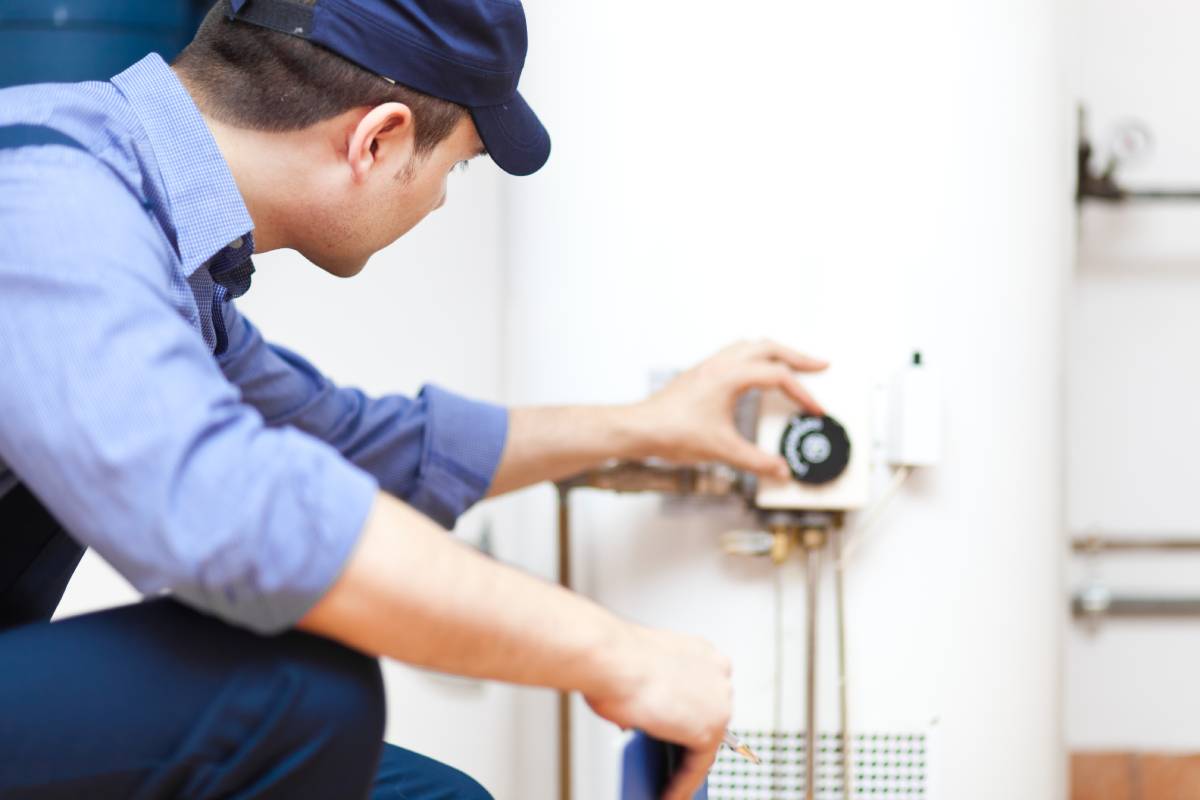
Types of Water Heaters
The average cost of installing a new water heater is generally well over $1,000. The lifespan of your current water heater depends on many factors, including the type of heater and the quality of maintenance it receives. There are two main types of water heaters: tank heaters and tankless heaters.
- Tank heaters are one of the most popular water heater types and are one of the most affordable options. They can last up to 12 years with proper care and maintenance. Make sure to flush your system every six months and consider installing a water softener if you have hard water.
- Tankless water heaters are more expensive at purchase but last longer and consume less energy than tank heaters. They can last 20 years with proper care and must be flushed at least once annually. If your system doesn’t have an auto flushing mechanism, you will need to flush it manually.
Making Your Water Heater Last Longer
- In addition to flushing and cleaning your system, you want to ensure the unit is the right size for your home. A water heater that is too small will not heat enough water. If your unit is too large, it will cycle on and off more frequently than is necessary, which will cause the heater to wear out faster.
- Installing a thermostat valve to regulate water temperature will increase the lifespan of the heating elements. You should try to use cold water as much as possible; turn the hot water on only when necessary.
- Perform a visual inspection of the unit at least once per year. Old or corroded water heater systems can contribute to significant water waste in your home. Also, check for any loose nuts, bolts, or screws, rust or corrosion, and pooled water under the tank. You can handle loose screws and bolts on your own, but if any components are rusted, it’s best to give our professionals a call.
- Hard water is the common culprit behind the shortened lifespan of water heaters. A concentration of calcium carbonate over 180 mg/l is considered “very hard water.” Heating calcium carbonate causes scale to form which reduces your water heater’s efficiency and increases the cost of its use. Drain the tank and flush with clean water to eliminate any sediment that has settled in the tank.
- A properly functioning temperature and pressure (T&P) valve is also critical. Every gas heater, and some electric ones, have a T&P valve that has a threshold of 210 degrees Fahrenheit and 150psi. The valve should open immediately if either of these numbers is reached. You should make sure to include a T&P valve test as part of your water heater’s annual maintenance. You can perform this test yourself by first shutting off the gas or electricity. Then place a bucket under the valve and pull the trip lever. You should have water, some vapor, and air rush out quickly. If this process doesn’t happen smoothly, or the valve doesn’t open, contact us to get the valve replaced.
- Another tip is to replace the anode rod every three to five years. This steel tube, made of either aluminum, magnesium, or zinc, helps prevent corrosion inside your water heater. The anode rod goes on top of the water heater and attracts elements that cause corrosion. If you notice your water has a metallic taste or rust color, it’s an indicator the anode rod needs to be replaced.
Contact Us
We hope we’ve provided you with the information you need to keep your water heater running for as long as possible. If you have any questions or concerns about your water heater, give us a call at (859) 559-6409 or contact us online. We are in Lexington, KY, and happy to serve the surrounding area, including Versailles, Winchester, Georgetown, Paris, Wilmore, and Nicholasville, KY.
